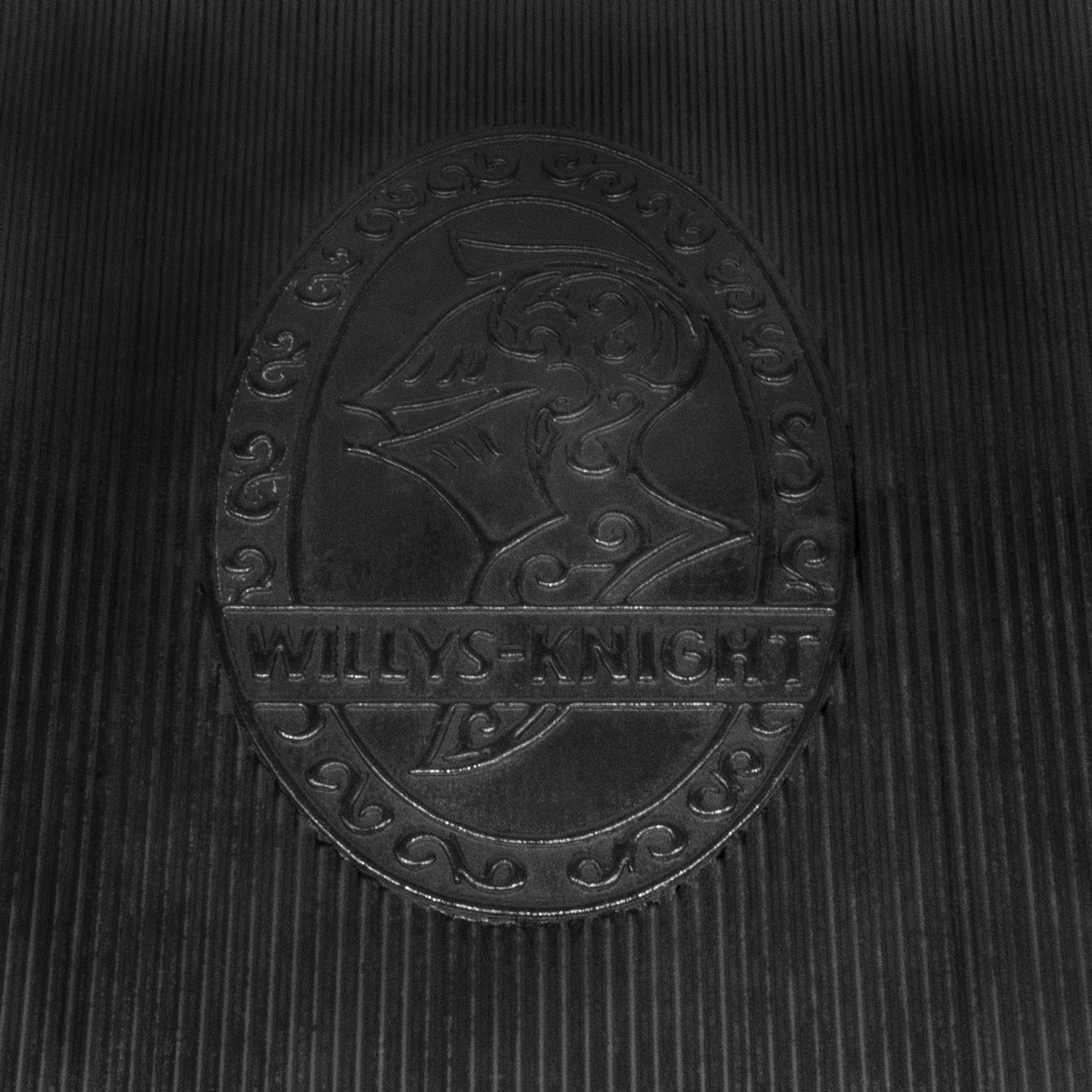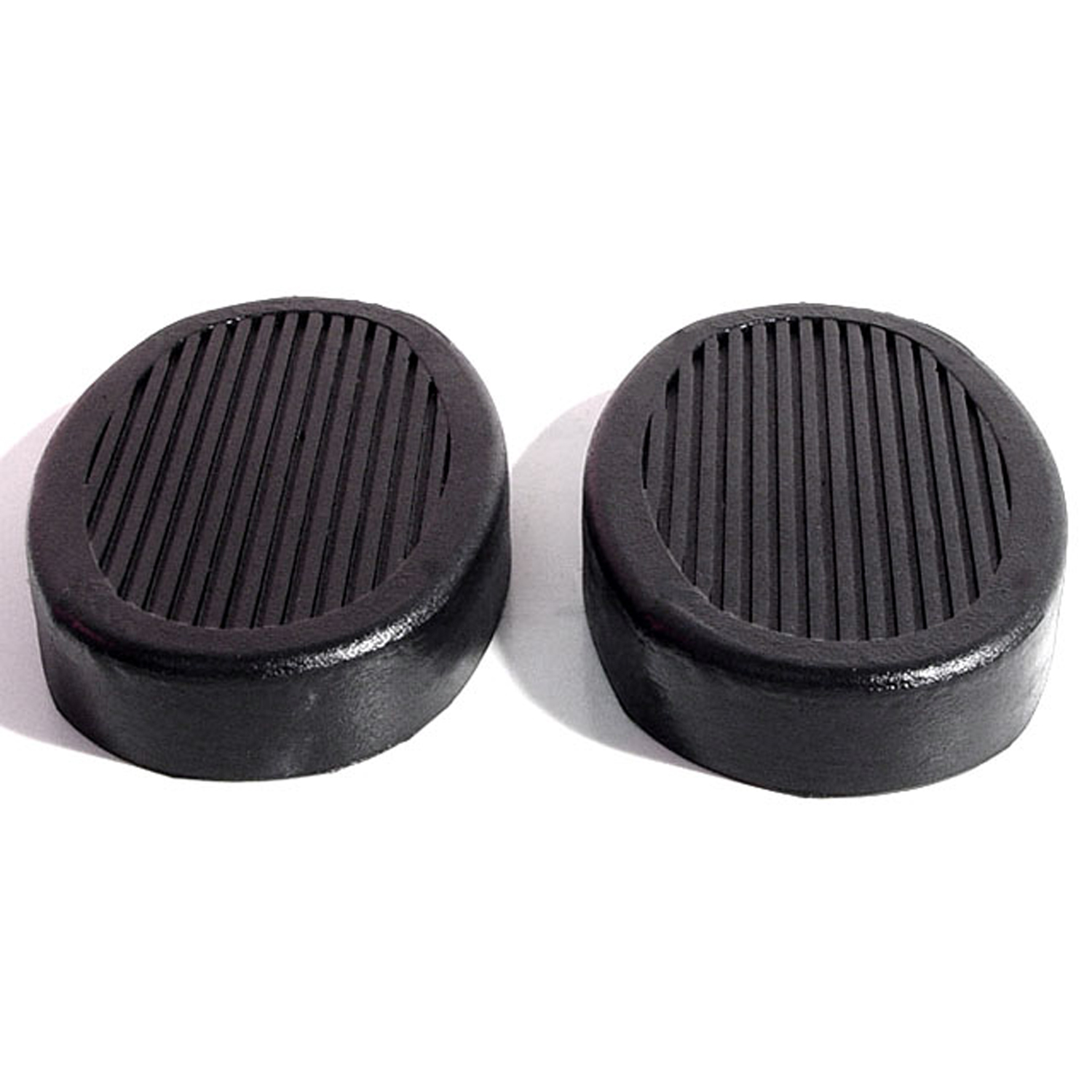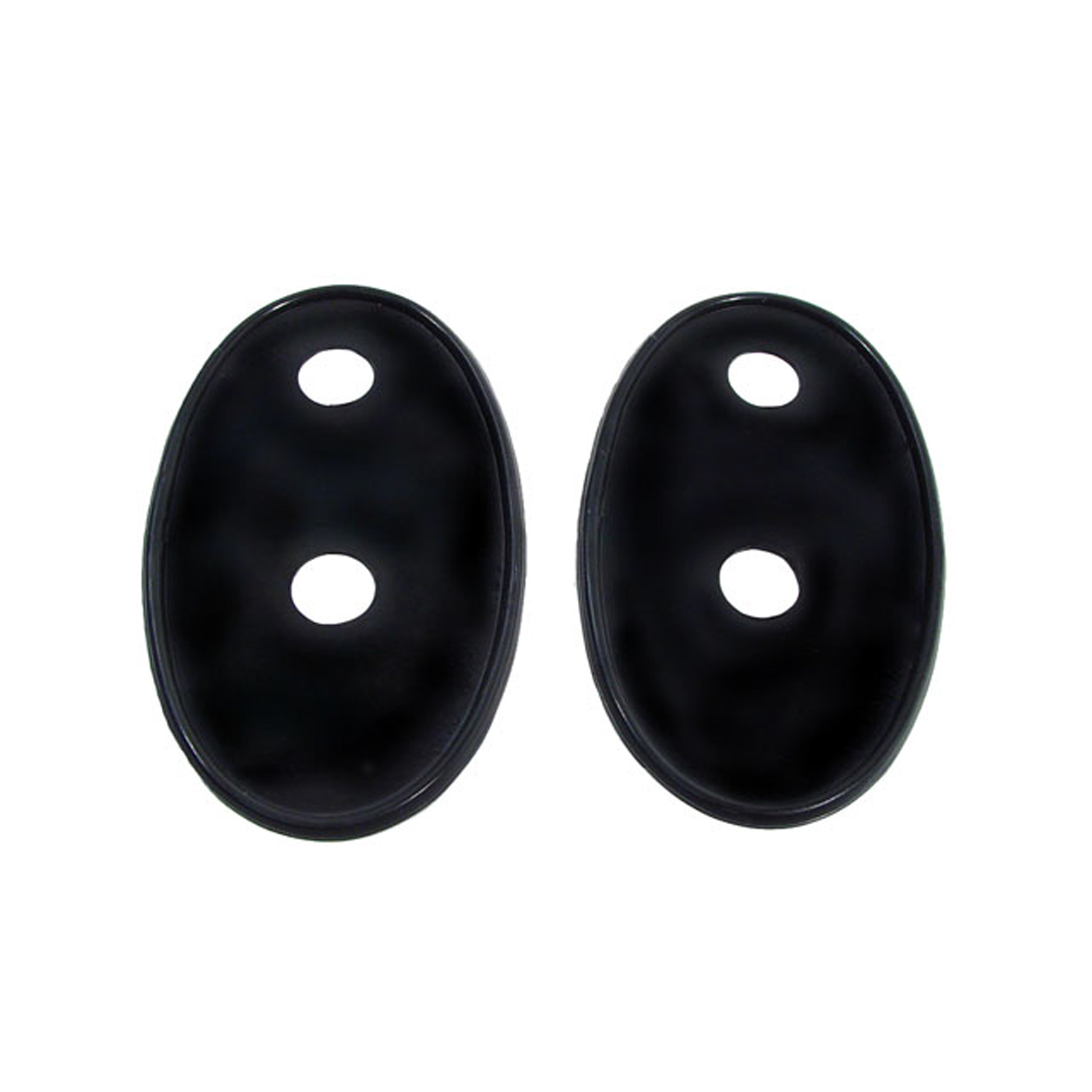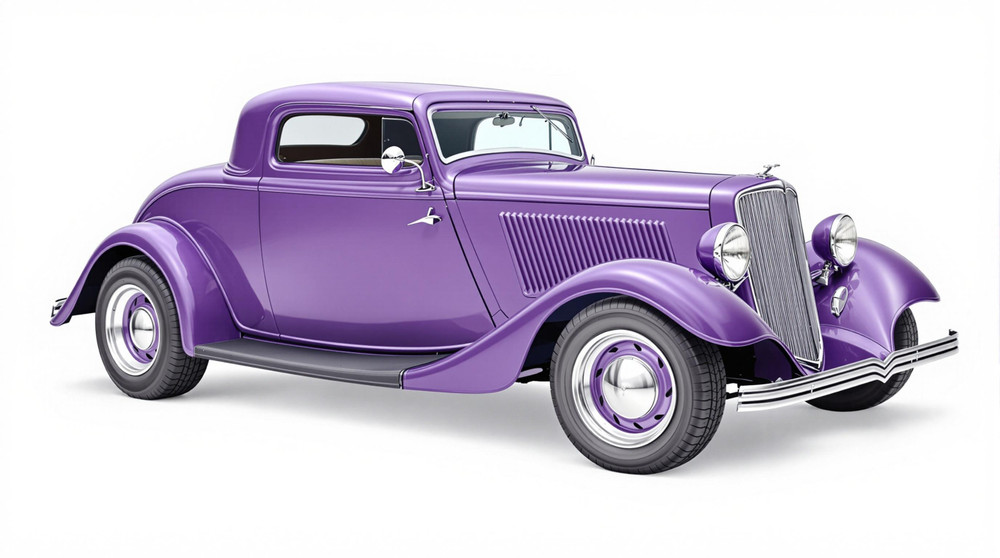Image of 1933 Willys Knight Model 66e, Note: These illustrations use artistic license and may differ from actual historical models.
Performance Metrics
Fundamental Metrics
Emotional Appeal
MMP Rating
| Engine Specifications | |
|---|---|
| Engine Options: | Inline 6-cylinder |
| Displacement Range: | 3.3L |
| Horsepower Range: | Estimated 70-80 HP |
| Torque: | Not available |
| Compression Ratio: | Not available |
| Ignition System: | Battery and coil |
| Cooling System: | Water-cooled |
| Performance Specifications | |
| 0-60 Time: | Not available |
| 1/4 Mile Time: | Not available |
| Top Speed: | 70 mph |
| Transmission and Drive | |
| Drive Type: | Rear-wheel drive |
| Transmission Type: | 3-speed manual |
| Fuel and Efficiency | |
| Fuel System Type: | Carburetor |
| MPG: | Not available |
| Dimensions and Brakes | |
| Brakes: | Mechanical drum brakes |
| Wheelbase: | 112 inches |
| Weight: | Estimated 2,800 lbs |
Note: Specifications for classic cars are given to the best of our ability, considering the limited and variant data available.
A Glimpse into the Past: The 1933 Willys Knight Model 66E
Stepping into the spotlight with an aura of elegance and engineering prowess, the 1933 Willys Knight Model 66E stands as a testament to automotive innovation during an era of industrial transformation. Born from the creative minds at Willys-Overland Motors in Toledo, Ohio, this vehicle emerged during a tumultuous period marked by the Great Depression. Despite economic hardships, the Model 66E carved its niche, offering luxury and performance to those who could afford it. A notable moment in its history is its association with the famed sleeve-valve engine technology, which set it apart from the competition and etched its name in automotive lore.
Design and Innovation
The Willys Knight Model 66E boasted a striking exterior that exuded sophistication. Its long hood and elegant curves were a visual symphony, capturing the essence of 1930s design aesthetics. Inside, passengers were enveloped in a cabin crafted with high-quality materials that whispered luxury. From plush seating to polished wood accents, every detail was meticulously considered. Technologically, it featured the advanced sleeve-valve engine, which was quieter than traditional poppet-valve designs and contributed to its smooth operation. Color options were reflective of the era's tastes, with deep blues and rich maroons being popular choices among discerning buyers. The most iconic body style was undoubtedly the sedan, which offered both comfort and class.
Historical Significance
The Model 66E's impact on automotive design cannot be overstated. Its sleeve-valve engine was a marvel of its time, reducing noise and allowing for a smoother driving experience. This innovation positioned Willys-Overland as a forward-thinking company and influenced future engineering explorations. The car stood out for its unique combination of luxury and cutting-edge technology during an age when many manufacturers were struggling to survive.
Performance and Handling
Underneath its polished exterior, the Model 66E was capable of impressive performance for its time. Although exact top speed figures are elusive, it was known for respectable acceleration and power output from its sleeve-valve engine. On the road, it handled with grace; absorbing bumps with ease and maintaining composure on windy roads. Driving one today transports you back in time; the engine's hum is a mechanical melody while the ride quality speaks of an era where cars were built with a different set of priorities in mind.
Ownership Experience
The Model 66E served various roles from a daily driver for the well-to-do to a showpiece for collectors. Maintenance requires knowledge of its unique engine design but is manageable for those familiar with vintage autos. Reliability is typical of cars from this period—solid when well-maintained but requiring regular attention to keep in prime condition.
Fun Facts
The Willys Knight Model 66E holds an intriguing place in history with fun tidbits like rare editions that featured custom coachwork or stories of celebrity ownerships that add to its mystique. While not known for breaking speed records, it set benchmarks in luxury and engineering finesse.
Collector's Information
Today, finding a 1933 Willys Knight Model 66E can be akin to uncovering hidden treasure. Production numbers were limited due to their high-end nature and economic conditions of the time; estimates suggest only a few thousand were made. As for value, pristine examples can fetch significant sums at auction or private sale—often well into six-figure territory—reflecting their rarity and desirability among classic car enthusiasts.
Conclusion
The 1933 Willys Knight Model 66E is more than just an automobile; it's a piece of history on wheels. With its luxurious appointments, innovative sleeve-valve engine, and stately presence, it represents an era where craftsmanship met cutting-edge technology head-on. For those lucky enough to experience one today, it offers a rare window into a bygone age of motoring splendor.
1933 Willys Knight Model 66e Catalog of Parts
 1933 Willys Knight Model 66E Accessory Floor Mat - 12"X17"-AC 51Accessory Floor Mat - made of high quality black rubber with molded original emblem. Also designed to be sewn into new carpets. 12"X17", Each
1933 Willys Knight Model 66E Accessory Floor Mat - 12"X17"-AC 51Accessory Floor Mat - made of high quality black rubber with molded original emblem. Also designed to be sewn into new carpets. 12"X17", Each 1933 Willys Knight Model 66E Clutch and Brake Pedal Pads. Exact reproduction-CB 96Clutch and Brake Pedal Pads. Exact reproduction. 2-3/16" wide X 3-5/16" long. Pair
1933 Willys Knight Model 66E Clutch and Brake Pedal Pads. Exact reproduction-CB 96Clutch and Brake Pedal Pads. Exact reproduction. 2-3/16" wide X 3-5/16" long. Pair 1933 Willys Knight Model 66E Tail-light Stand Bases, with Beaded Edge-MP 1304-ATail-light Stand Bases, with Beaded Edge. 2-1/2" wide X 4-1/4" long. Pair
1933 Willys Knight Model 66E Tail-light Stand Bases, with Beaded Edge-MP 1304-ATail-light Stand Bases, with Beaded Edge. 2-1/2" wide X 4-1/4" long. PairWhy Choose Metro?
For over 100 years, Metro Moulded Parts has been the pinnacle of quality in classic car restoration parts. Our commitment to precision and authenticity in every component ensures a perfect fit and an OEM-level appearance.
- Expert Craftsmanship & Quality: Each part is a testament to our dedication to reliability and perfection, crafted from original designs and thoroughly tested.
- Advanced Technology: We use cutting-edge techniques to create flawless, long-lasting parts that surpass others in performance.
- SuperSoft Sponge – The Ultimate Door Seal: Not only are our door seals 30% softer than competitors', but they're also guaranteed to never leak. They effectively reduce wind and road noise, enhancing your classic car's comfort and driving experience.
- Proudly American: Our parts are a product of American craftsmanship, made in the USA with a spirit of excellence and heritage.
- Unrivaled Warranty: We back our products with a 30-year industry-leading warranty, a testament to our confidence in their quality.
Join us in preserving the legacy of classic cars with parts that are crafted for perfection, not just made.

